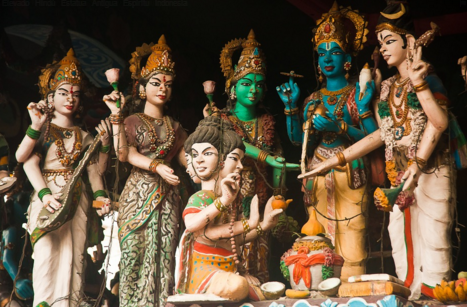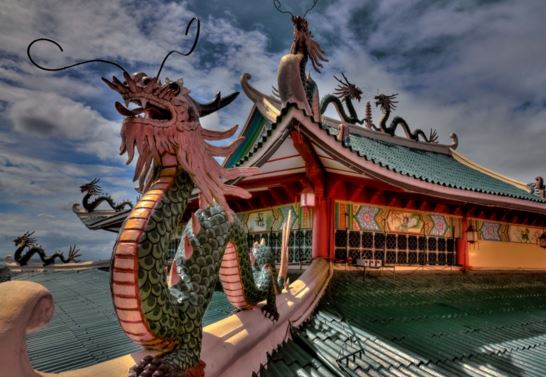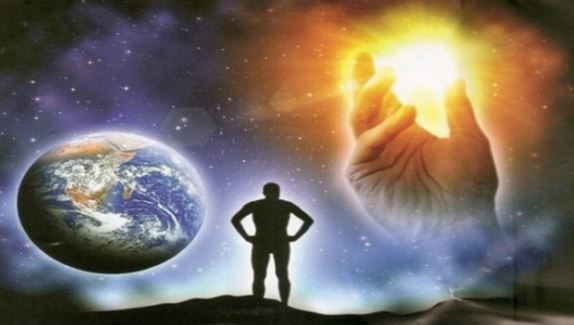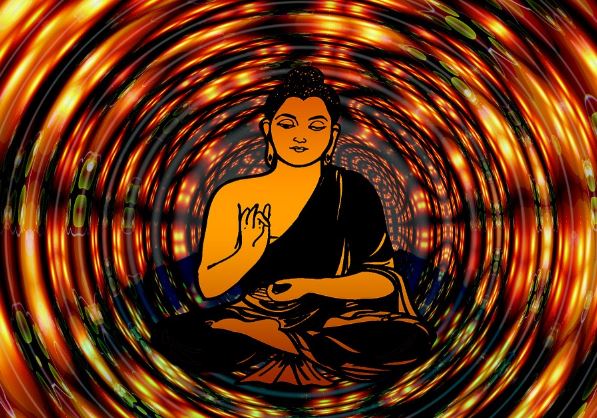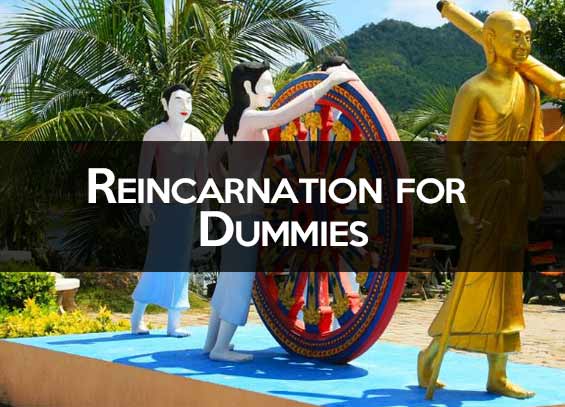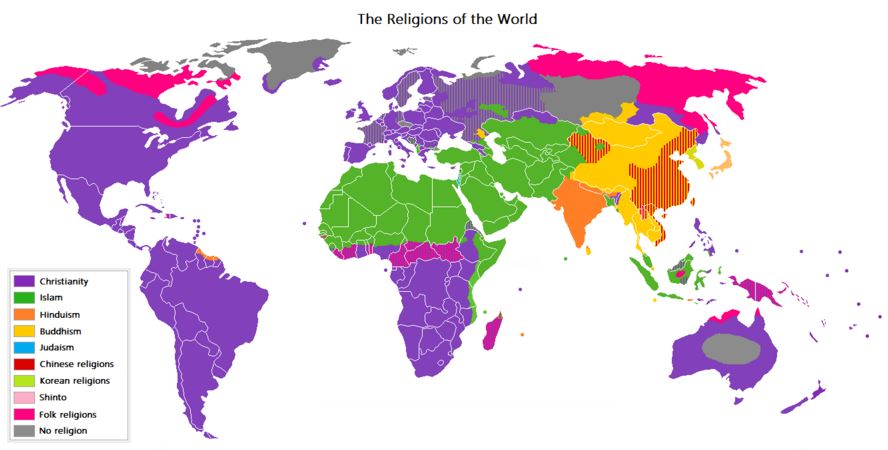Hindu Beliefs: Do Hindus believe in Reincarnation?
Thus, according to Hindu philosophy, human life is cyclical: after death, the soul leaves the body and is reborn in the body of another person, animal, vegetable or mineral. This ongoing process is called samsara.
The quality of reincarnation is determined by the merit or lack of merit that each person has accumulated as a result of their actions or karma, this is, what the soul has done in previous lives.

All Hindus believe that karma works. However, this can also change with the practice of sacrifices and rituals (exercising through punishment or reward), to make the whole process of samsara easier (moksha), subject to prior resignation of all earthly desires.
So, karma (in Sanskrit, ‘actions’) in Hindu philosophy, is the set of personal, good or bad actions, which are linked to the soul as it transmigrates. Each new body is determined by the previous karma. The belief in karma is accepted by all Hindus, this means Hindus believe in reincarnation as well.
In oriental philosophy and religious thought, belief in the transmigration first appears in a doctrinal form in the Indian religious and philosophical collection of the Upanishads, translated into Persian by prince Dara Sukoh during the seventeenth century, and since then the samsara has been one of the main tenets of the three major Eastern religions: Hinduism, Buddhism, and Jainism.
According to modern popular Hinduism, the state in which the soul is reborn is determined by good or bad deeds (karma) done in previous incarnations. The souls of those who do evil, for example, are reborn in lower states (such as animals, insects, trees and spirit).
Read also: Do Buddhists Believe In Reincarnation?
Hindu Afterlife
Hinduism strives to transcend this process through the final release that involves access to nirvana, that is, the ideal and supreme state that is the release of all pain and the absence of all sense of individuality.

In the early days, the Brahmins (priests) dominated religion according to the caste system which provided social divisions. Each caste has a role to develop (varna):
The Brahmins, the highest position, are the priestly class of Hinduism. Kshatriyas are the warriors. Vaishyas, the traders and farmers. The Sudras, laborers and servants.
This rigid social division is based on the belief of an eternal soul (atman) that is reincarnated many times in different ways according to the moral law (karma) that prevails in the universe. It should be noted that the law of karma is not in itself a reward or a punishment, but could be as impersonal as the law of gravity.
Hinduism supports the existence of reincarnation and provides a way for the soul can move along the successive incarnations. Thus all hindus believe in Reincarnation. The major paths are called “loam”.

Jnana-marga: the path of knowledge or inner path. Karma-marga, the way of action or of the daily work path. Beat-marga: the path of devotion to God.
All these, covering many applications from yoga to paths of individual bliss and holiness (Sadhu). The traditions originated from the teaching and with practice are gradually developed , this is known as Sampradaya.
All forms of progress in the succession of incarnations (Moksha) share the sense of Maya and Dharma. Maya is the power of the Brahmin giving appearance to things, speaks of illusion or false appearance of reality. The greatest evil in Hinduism is ignorance (Avidya), confusing illusion with reality. So, Dharma, means (among other things) the truth or right, the way to access Moksha.
For almost all Hindus, there are four Purusharta or objectives of life: Dharma, the truth; Artha, the pursuit of success; Kama, the pursuit of pleasure; Moksha, liberation.
Usually it is expected for one to go through these four stages throughout life (Ashrams):
Brahmacarya, a student; Grihastha, a homeowner; Vanaprastha, one who is set aside for reflection; and Samnyasain, one who renounces the world.
Advaita Philosophy

In philosophical Hinduism, it seeks to understand appearance, present in all human beings. The Advaita philosophy, a school of Hindu thought, is clearly monistic: it states that the visible differences in the world are just illusion. Everything we see appears as different things but in essence is one. The Advaita understands Moksha as the understanding that Brahma or the individual have always been one. But most Hindus believe that Brahma has the character of God or uses God to create and maintain the universe, so that Moksha is everlasting union with God. Every Hindu can have their own personal devotion to a cult or particular deity, as God can manifest itself in different ways. In particular, he or she can take different forms (avatars), or incarnations, descents into this world. The best known are the avatars of Vishnu, primarily as Krishna. Among the many personal devotion to a god or a goddess, is that of the Vaishnava devotees of Vishnu; the sahivas, devotees of Shiva and Shaktas, who worship Shakti, which are the most widespread.
Read also: Do Christians Believe In Reincarnation?
This concludes our article answering the question “Do Hindus believe in reincarnation?”. Keep reading this website to learn more about reincarnation and afterlife.
